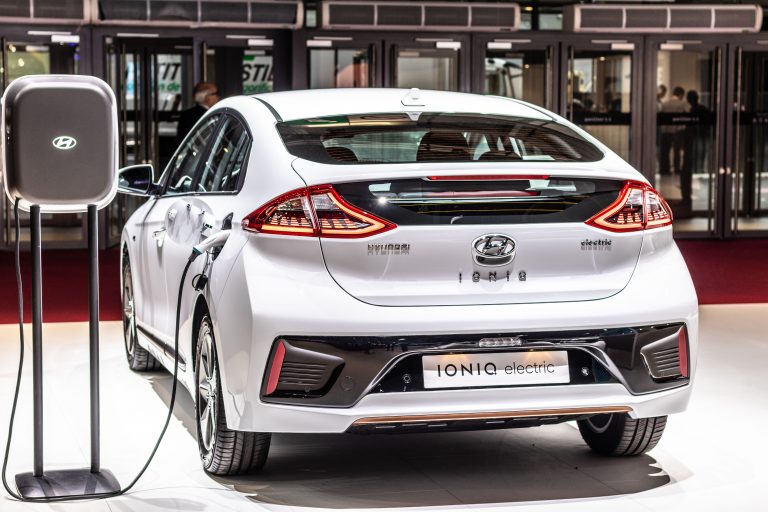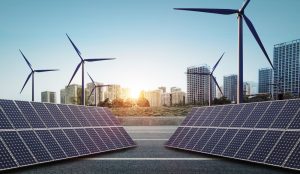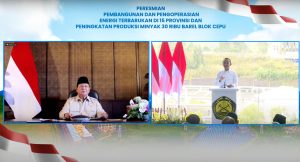Jakarta – The government’s policy of replacing government official cars with electric cars was questioned by political and economic observers, Tuesday (11/9). The policy was issued after President Joko Widodo issued Presidential Instruction (Inpres) No. 7/2022 concerning the Use of Battery Electric Vehicles as Operational Service Vehicles and/or Individual Vehicles for Central Government Agencies and Regional Governments.
The Presidential Instruction, which was followed up with a plan to replace the government’s official car with electric cars, without explaining the reason, sparked controversy. Anthony Budiawan, Managing Director of PEPS (Political Economy and Policy Studies) questioned the reason for this policy.
“Is it because the total operating costs during ownership, or what is known as the total cost of ownership, for electric cars are cheaper than oil-fueled cars? Or are electric cars cleaner than petrol cars, meaning that electric cars have lower carbon emissions than petrol cars?” Budiawan asked in a written statement.
He said several studies from the United States,found that operating and ownership costs of electric cars are not always cheaper than petrol cars. A study by caranddriver.com presented in an article titled “EV vs gas cheaper to own” on their website, which compares electric cars with BBM cars, for the same brand and type of car, the total cost of ownership (TOC) of petrol cars is economically higher than electric cars.
Caranddriver.com compares the total cost of ownership of the petrol fueled Mini Cooper Hardtop with the Mini Cooper Electric. As a result, the petrol version is more economical by USD 7,858 in total cost of ownership for three years. The amount is not including credit tax incentives for electric cars, if any. The total cost of ownership for three years of petrol fueled Mini Cooper Hardtop is USD 41,454 whereas Mini Cooper Electric is USD 49,312.
Meanwhile, the difference in cost of ownership over the three years for the Hyundai Kona is even greater — with the petrol version at USD 39,817 compared to the electric version at USD 55,311.
Budiawan questions whether the case is similar in Indonesia. Are electric cars more efficient, he said. He said that the decision to replace official cars with electric vehicles should not burden the state budget. Since electric cars must be imported, there is a risk of it being more expensive compared to petrol fueled cars that are produced domestically.
“Hasn’t President Jokowi often said how stupid it is that we have to continue to import, even though there is domestic production? Is it possible that the decision to replace government official cars with electric vehicles was because the carbon emissions of electric cars are lower, aka better, than fuel cars?” he added.
Budiawan said this opinion is not entirely correct, depending on how the electricity is produced, does it use new and renewable energy (NRE) or fossil energy such as coal, gas, diesel.
In 2020, the share of NRE is only 6.13 percent, and hydropower is 8.04 percent. Meanwhile, coal fossil energy reached 64.27 percent, gas reached 17.81 percent and fuel (diesel) reached 3.01 percent. Therefore, the government should try to increase the portion of NRE in the power plant mix first, before deciding to replace official cars with electric cars, so that the carbon emissions of power plants are lower, and the carbon emissions of electric cars are cleaner than fuel cars. (Hartatik)














